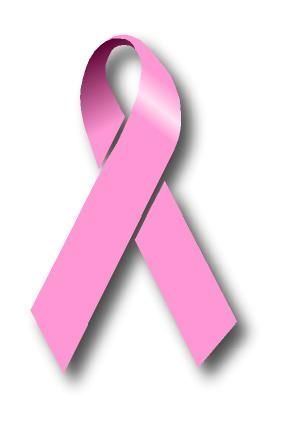 In addition to being PT Month, October is also “National Breast Cancer Awareness Month”. Current care models for disease focus on treatment plans and follow-ups to prevent recurrence. However, the side-effects of such treatment can be as physically limiting and debilitating as breast cancer itself, if not more. There is a growing body of evidence indicating the majority of women patients experience one or more of the following symptoms during the course of their treatment: pain, fatigue, lymphedema, restricted range of motion, weakness, joint arthralgia, osteoporosis and neuralgia. However, many of these symptoms are under-reported, under-diagnosed, or just ignored until they reach critical levels.
In addition to being PT Month, October is also “National Breast Cancer Awareness Month”. Current care models for disease focus on treatment plans and follow-ups to prevent recurrence. However, the side-effects of such treatment can be as physically limiting and debilitating as breast cancer itself, if not more. There is a growing body of evidence indicating the majority of women patients experience one or more of the following symptoms during the course of their treatment: pain, fatigue, lymphedema, restricted range of motion, weakness, joint arthralgia, osteoporosis and neuralgia. However, many of these symptoms are under-reported, under-diagnosed, or just ignored until they reach critical levels.
The Prospective Surveillance Model (PSM) of care seeks to monitor and intervene much earlier in the survivorship process to lessen or eliminate even subtle physical impairments. The approach, in contrast to prevailing wisdom, is proactive rather than reactive. Pre- and post-operative physical assessments of a patient will serve as the guideposts for any rehab plan. PSM recommends assessments 1-2 weeks following surgery, and upper extremity range of motion therapy within the first month post-op. It is expected that close and periodic monitoring of patients, along with patient education and individualized rehabilitation plans, will result in better quality of life outcomes. PSM was developed by the American Cancer Society in conjunction with a panel of breast cancer experts and advocacy groups. It is in the testing phase at Grady in Atlanta.
We expect that if the model lives up to its promise, Physical Therapists will be given a more prominent and forward role in survivorship care. In the meantime, if you are a Physical Therapist who wants to make a difference in the lives of your patients contact Centra at 800 535 0076 and let us help you make that possible.